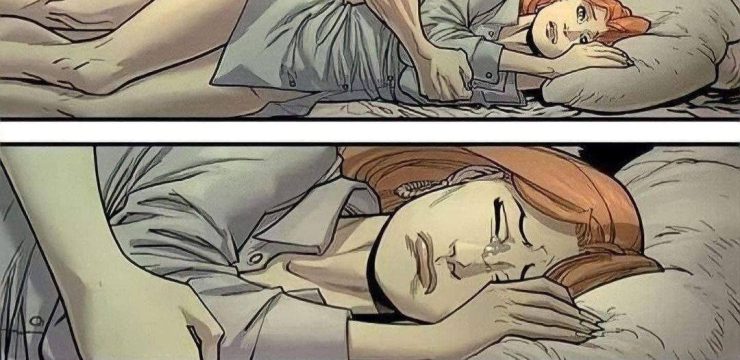Teacher strikes have swept across the U.S. in recent years, with educators demanding better pay. One Arizona teacher, Elisabeth Coate Milich, took her concerns public by posting her pay stub online, and the response has been overwhelming.
Milich, a second-grade teacher at Whispering Wind Academy in Phoenix, did something many avoid—she shared her salary on social media. In a country where discussing finances is often considered taboo, Milich wanted to shed light on the reality of teacher pay. Her goal was simple: to show that, despite the education required to become a teacher, she and her colleagues aren’t earning a living wage.

Her post, which was later taken down due to negative feedback, revealed a shocking truth. Milich received only a $131 raise in a year, with her salary increasing from $35,490 to $35,621. “I actually laughed when I saw the old salary versus the new one,” Milich wrote. “I need a college degree to make this? I know I don’t make a lot, but when you see it on paper, it’s shocking. I love teaching, but you can’t live on this.”
Milich had been in education for years, but she debated whether or not to post her paycheck. In the end, she decided the public needed to see the reality of teacher pay in Arizona. Unfortunately, her story reflects a larger issue: Arizona ranks among the states with the lowest teacher salaries in the nation.
While Milich’s pay is especially low at $35,621, even the average salary for Arizona teachers, $47,218, is far below the national average of $58,353, according to the National Education Association. Though Arizona’s average may sound better than Milich’s, it’s still lower than what teachers earn in most other states.
Milich also pointed out another frustration many teachers face—paying for classroom supplies out of pocket. Items like markers, tape, and other essentials often come from teachers’ own wallets, without reimbursement. To make matters worse, Milich is still paying off student loans 20 years after graduating from college.
She acknowledged that she’s fortunate to have a second household income from her husband. Without that, she says, she’d be in serious financial trouble. “I know teachers who work three or four jobs to make ends meet,” Milich shared. “They teach all day and then waitress at night. If you’re single, it’s nearly impossible to survive on what we make.”
Her concerns are backed by studies. A 2017 report from Arizona State University’s Morrison Institute for Public Policy revealed that teacher recruitment and retention in Arizona are at “crisis” levels. The study found that 42% of teachers hired in 2013 left the profession within three years. Arizona’s elementary school teachers are also the lowest-paid in the country.
Milich’s story shines a spotlight on a profession that is becoming financially unsustainable for many, and the conversation around teacher pay shows no signs of slowing down.





